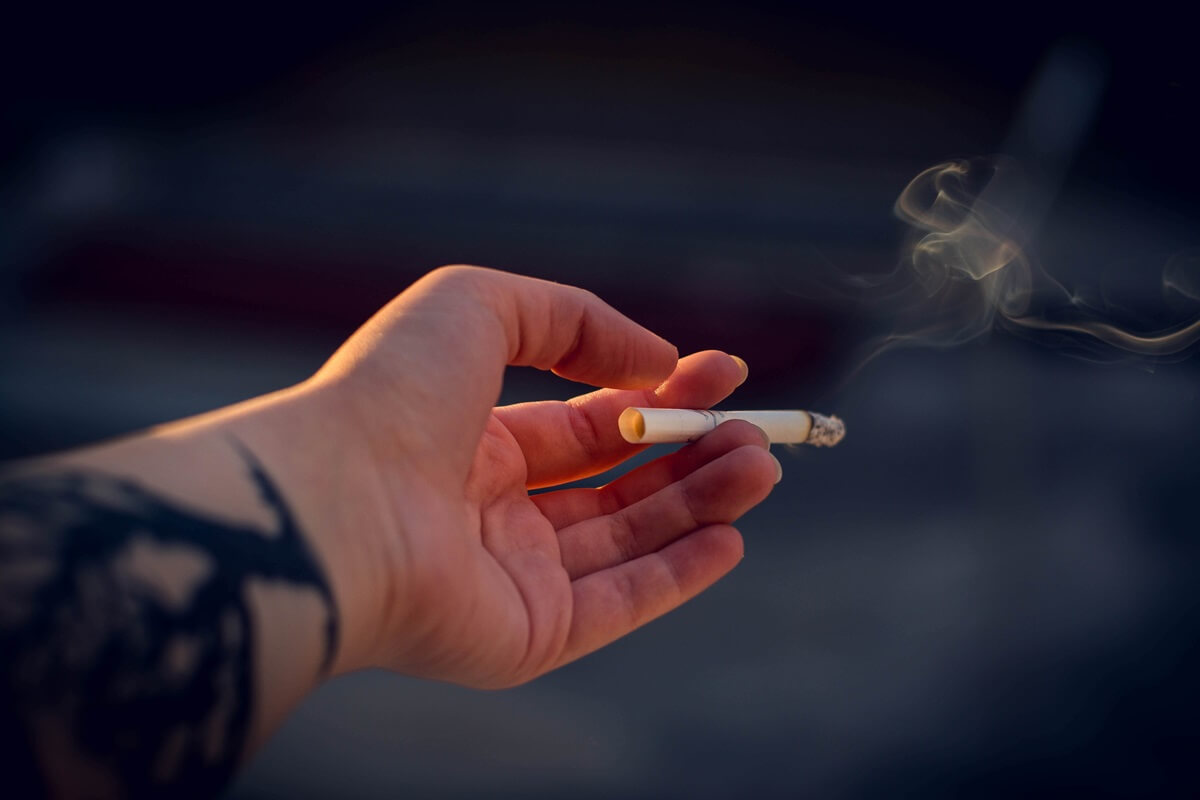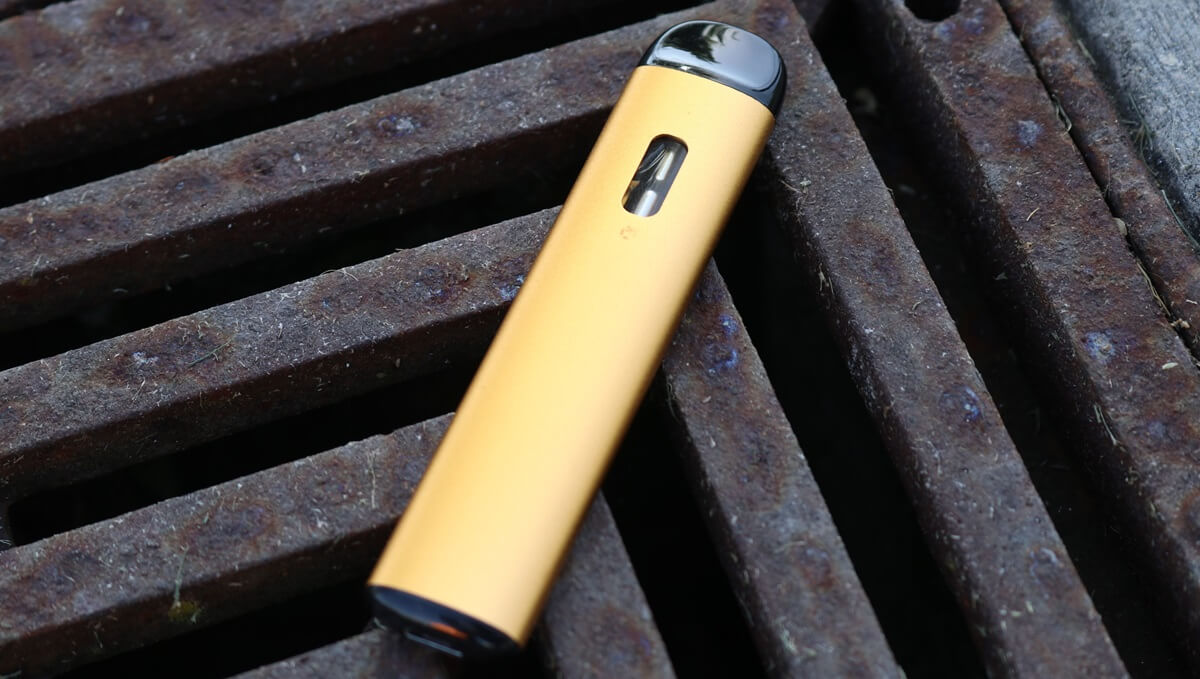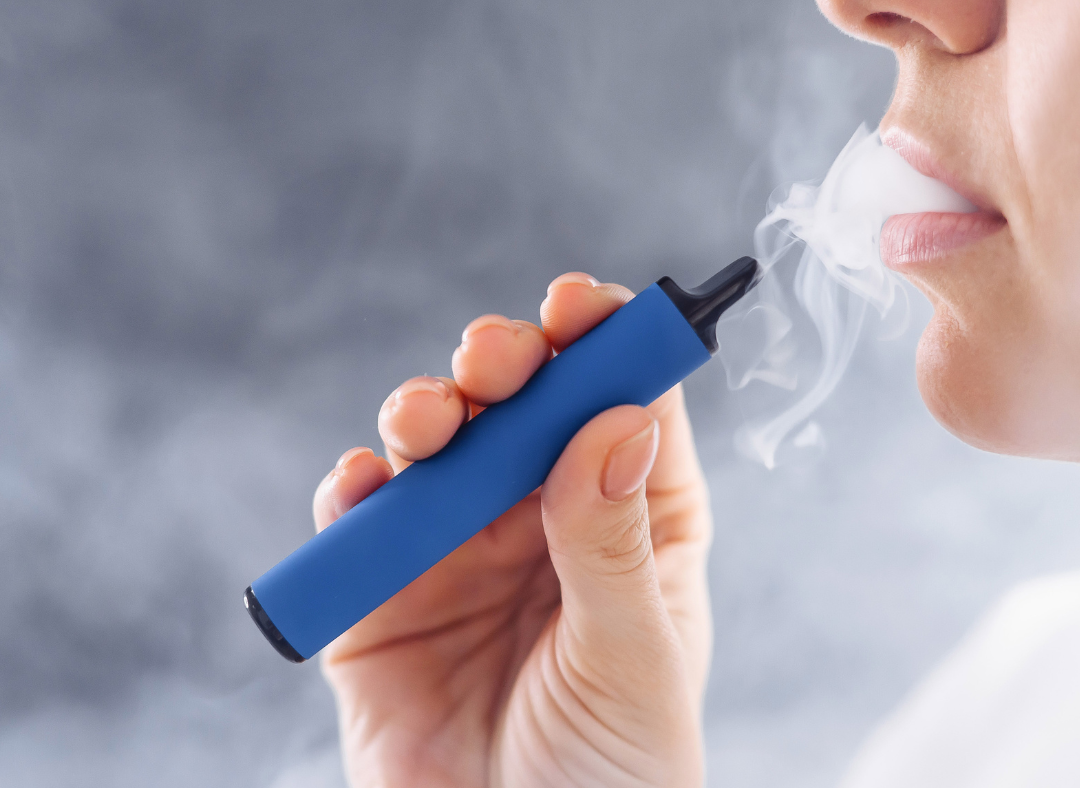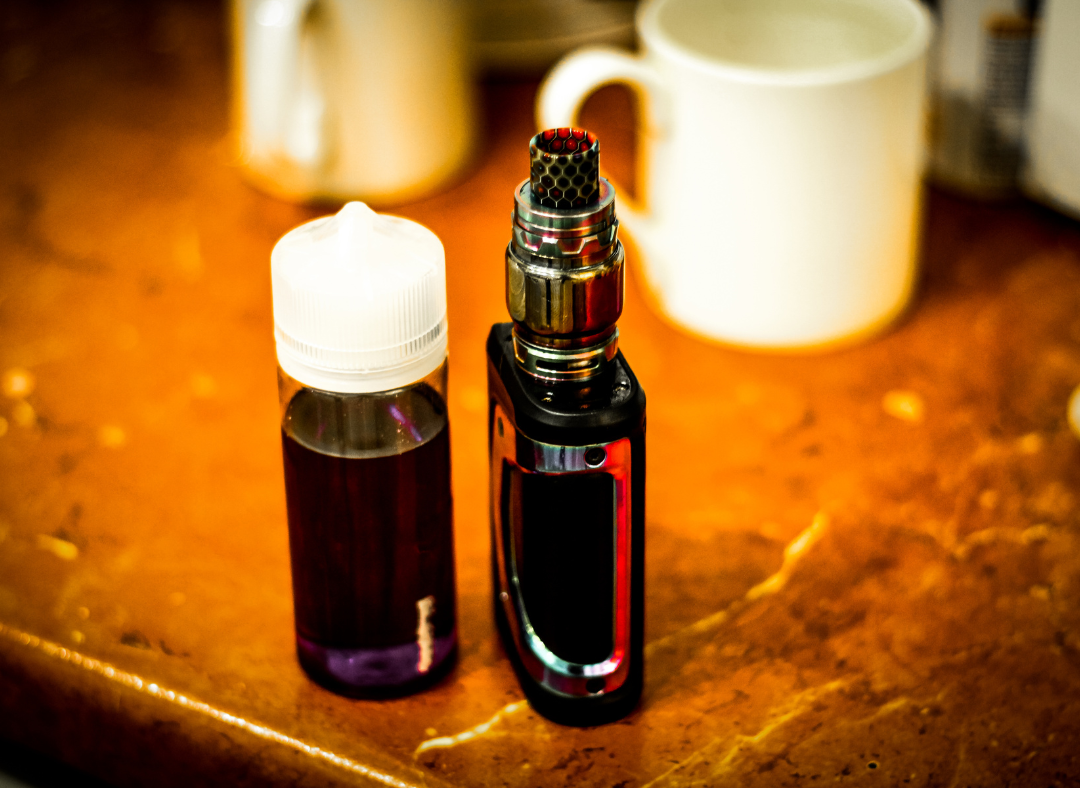What are the current regulations?
Australia has had some of the strictest rules and regulations around nicotine vaping since their introduction in October 2021. Prior to the rule changes regarding nicotine vaping in Australia on October 1st, 2021, there were an estimated 500,000 vapers in the country . At this time, it was illegal to sell nicotine in Australia, but it was still possible to personally import it from overseas markets. While some markets may be less regulated, it’s worth noting that well-regulated markets like the UK and New Zealand have strict processes in place for reviewing and monitoring the nicotine vaping products that are allowed for sale.
On October 1st, 2021, an amendment to the Poisons Standard in Australia was made, which classified all nicotine vaping products as prescription-only medications. Because of this change, it became a legal requirement to hold a valid prescription from an authorised prescriber when purchasing any nicotine vaping products including disposable nicotine e-cigarettes, nicotine vaping pods, or liquid nicotine (freebase or nicotine salts).
At this point in time, the main aim of the law and regulation changes was to ensure that a prescription was required to vape – with the hope that this would restrict vaping products only to those people with a genuine desire to stop smoking, and not for recreational use.
In this article, we will look at some of the areas that may see further change, and provide some insight into how we see this developing over the next few months. Many of the areas are not clear yet, and we will keep you updated as things change.
So what happened, why are things changing again?
It is important to note that the changes to the laws and regulations in October 2021 only impacted the legal market, while the illegal market still continued to exist. A thriving black market was widely reported, with illegal and unregulated vaping products still readily available for purchase on social media and at some convenience stores. Many of these products have got around the changes by simply removing any mention of the ingredient nicotine from their packaging. Both state governments and journalists have highlighted this fact, and yet access to illegal and unregulated products still continues.
Illegal nicotine vaping products sold on the black market not only raise concerns about their safety profile, but also lack any age verification process for customers meaning that people of any age are potentially able to access harmful products.
Secretary for Health Mark Butler has recently addressed this as one of the main reasons for looking at tightening the rules and regulations further to prevent youth vaping whilst maintaining access for smokers that are using it as a method of smoking cessation.
Do we know the specifics yet?
The short answer is no, we have some information released in the press conference on the 2nd of May 2023, but not the practical details. More information may be disseminated when the government’s budget speech occurs. Proposals and changes will likely need to be legislated which will allow time to understand the precise changes that are going to be made.
Is vaping totally banned?
Vaping is not being totally banned, it will still be legal to vape nicotine within the rules. As is currently the case, you will need a prescription from a doctor to vape legally. The suggestion is that there will be a much bigger crackdown on the illegal black-market vapes sold across Australia. All doctors will be able to write nicotine prescriptions, although it may remain an area where only doctors with a specialist interest in smoking cessation agree to writing prescriptions given their experience and their expert knowledge of the subject matter.
It is already the case that the body that regulates GPs, the Royal Australian College of General Practitioners (RACGP), recommends that doctors only consider prescribing nicotine vapes as a ‘second-line’ therapy. This means that as a general rule GPs should look to consider prescribing vapes if a smoker has previously tried to quit using other more established methods, such as nicotine gum or patches.
Rules on where you can buy nicotine vaping products
It is clear that a major aim for the government is to stop the import of non-prescription vapes into Australia. These are the commonly disposable vapes found at many different retail outlets that despite not having any information about nicotine content on the packaging have been proven to contain nicotine. The policing of sales and importing of illegal black-market vapes is likely to ratchet up considerably.
What is unclear is how this affects people who are legally receiving vapes from abroad with a prescription. There is the possibility that the personal importation route currently utilised by many vapers in Australia to access high-quality products from reputable and well-regulated markets like New Zealand could be closed. This would mean that nicotine vaping products would only be available for purchase through Australian-based pharmacies.
The government has pledged to make it easier to get a prescription of nicotine products for legitimate therapeutic use, and we hope this means an expansion of pharmacy product options and availability. Quit Clinics is committed to work with suppliers to try to make sure our clients are supported through any transition phase, reducing any risk of relapsing to cigarettes.
Ban on disposable vapes
In their statement, the government made clear that it plans to work with states and territories to ban single use disposable vapes. This will take some time to come into force, but would mean that only refillable or pod device vapes would be available for purchase with a prescription. This will also require a significant crack down on the vaping black market, where many disposables are sold without “nicotine” on the label.
For our clients at Quit Clinics we will always aim to discuss the best way to mitigate risks with vaping. Patients who are used to disposable devices are able to get the same nicotine product found in disposables (nicotine salts) in the form of a pod or refillable device, so changing over shouldn’t be too tricky. The safety benefits with pod devices are that the heating coil is contained within the pod, and tracking and minimising use is easier. We are always happy to help any of our clients with questions and issues with products, so don’t hesitate to reach out if you have any questions.
Nicotine strength limits for vapes
The government has stated that they want to reduce the nicotine concentrations available for purchase. It is unclear again what this will look like, and whether this means reducing the maximum strengths and volumes legally allowed through prescriptions, or if they are directly referring to black market vapes that have repeatedly been found to have nicotine levels that are both higher than recommended and higher than labelled.
One option looking at regulations in other markets such as the European Union is that the maximum strength of nicotine liquid available may drop as low as 20mg/ml. If you are using a higher concentration than that, it may be a good idea to consider a focussed effort to try and wean down the strength to avoid a potential cliff edge and risk of relapse to cigarettes if regulations were to change suddenly.
We think there is a reasonable possibility that the ability to purchase 100mg/mL high-strength nicotine with a prescription is likely to be stopped. At Quit Clinics we support all our clients with trying to wean their nicotine usage down to zero over a 12 month period. We know that life events and stressors sometimes can make this difficult, but with the possible prospect of a drop in the maximum nicotine strength available to be accessed this could be a good time to try to start the process and aim for 20mg/mL or lower.
Changes to packaging and similarity to plain cigarettes
Another area likely to see change is the packaging of nicotine vaping products. Although we are yet to hear the details, it seems that their packaging is likely to be restricted to be “pharmaceutical-like” in appearance. Nicotine products may even receive similar packaging rules to cigarettes, where images of long term health effects are depicted by law on the front of any container.
Limiting flavours, what could this mean?
The government is concerned that certain flavoured vapes are specifically targeted towards young people and the recreational use market. In his speech Mr Butler stated
“No more bubble-gum flavours, pink unicorns or vapes disguised as highlighter pens for kids to hide them in their pencil cases”
Whilst the practicalities of what this means are unclear, this statement, combined with the potential for nicotine vaping products to only be available from Australian pharmacies, is likely to lead to a reduction of flavour options available. It will be very difficult though to decide which flavours are deemed to be targeted to young people and which are not.
If there are changes to flavours available, Quit Clinics is strongly committed to helping its clients avoid relapsing to cigarettes, and we are happy to advise on sensible alternatives tailored to each person we see.
Learn more about nicotine at Quit Clinics
If you would like to learn more about vaping, the laws around it, and the science and research behind it, check out some of our Quit Clinics blogs below.
- Traveling to Australia with nicotine vape products – What you need to know
- Vaping Laws in Australia – What you need to know
- 12 tips to help you quit smoking






